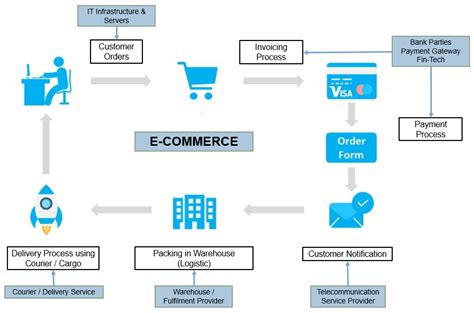The year 2025 was poised to be a monumental period for digital commerce companies. Klarna, a major player in digital payments, was gearing up for its much-anticipated initial public offering (IPO). Similarly, Chime, a financial services company, and StubHub, an online ticketing platform, were also in talks about going public. However, the landscape quickly shifted when President Trump announced a series of tariffs that sent shockwaves across the industry.
In response to the tariff announcements, companies like Klarna, Chime, and StubHub swiftly hit pause on their IPO plans as they sought to navigate the uncertainties stemming from market volatility. Other entities providing payment processing services to online sellers, such as Shopify, found themselves advocating for policy changes while guiding their clients on strategies to withstand potential economic challenges. Likewise, Stripe and Block (formerly Square), two prominent players in the payments sector, adopted similar precautionary measures.
While it may seem paradoxical for tariffs to impact digital commerce companies primarily operating online platforms, these businesses are not immune to the repercussions. E-commerce retailers like Amazon could experience disruptions if there is a decrease in cross-border transactions on their platforms. Moreover, companies like Klarna rely on transaction fees from small businesses for revenue – a revenue stream that could dwindle if online purchases decline significantly.
Sucharita Kodali of Forrester noted that prolonged tariff escalations could have far-reaching detrimental effects on the retail sector at large. “If this game of chicken continues through 2025 and beyond,” she cautioned as an analyst covering retail and e-commerce industries,” it’s going to be very painful for everyone involved.”
As companies brace themselves against the unfolding tariff saga initiated by governmental policies aimed at reshaping international trade dynamics with delicate negotiations playing out behind closed doors,
Expert Insight:
Industry experts predict that unless swift resolutions or alternative solutions are implemented soon,
the ripple effects of these tariffs could reverberate throughout various sectors,
resulting in profound consequences for both businesses and consumers alike.
Amidst these turbulent times marked by uncertainty,
digital commerce entities find themselves caught in a balancing act of adapting strategies
to mitigate risks while striving to maintain operational stability.
The Human Toll:
Beyond balance sheets and profit margins,
the real impact of these tariff disputes is felt by individuals whose livelihoods are intertwined with these industries.
Small business owners relying on e-commerce platforms face mounting pressures
as they navigate fluctuating market conditions induced by geopolitical decisions made at higher echelons.
This human dimension underscores the broader implications
that extend beyond boardroom deliberations into everyday lives.
In light of these developments,
it remains imperative for stakeholders within the digital commerce ecosystem
to monitor evolving trade policies closely,
while actively engaging in dialogues aimed at fostering sustainable solutions
that can safeguard against potential pitfalls arising from escalating tariffs.
As global economic landscapes continue to evolve,
the resilience and adaptability demonstrated by digital commerce companies amidst adversity will prove instrumental
in weathering storms brought forth by external forces beyond their control.
Through strategic foresight coupled with proactive measures,
these businesses can position themselves not only to survive but also thrive
amidst shifting tides driven by geopolitical currents shaping trade relations globally.
By staying attuned to market dynamics while remaining agile in response tactics,
digital commerce enterprises stand better equipped
to navigate uncharted waters created by unforeseen challenges posed by tariffs –
ultimately emerging stronger on the other side through innovation born out of necessity.

